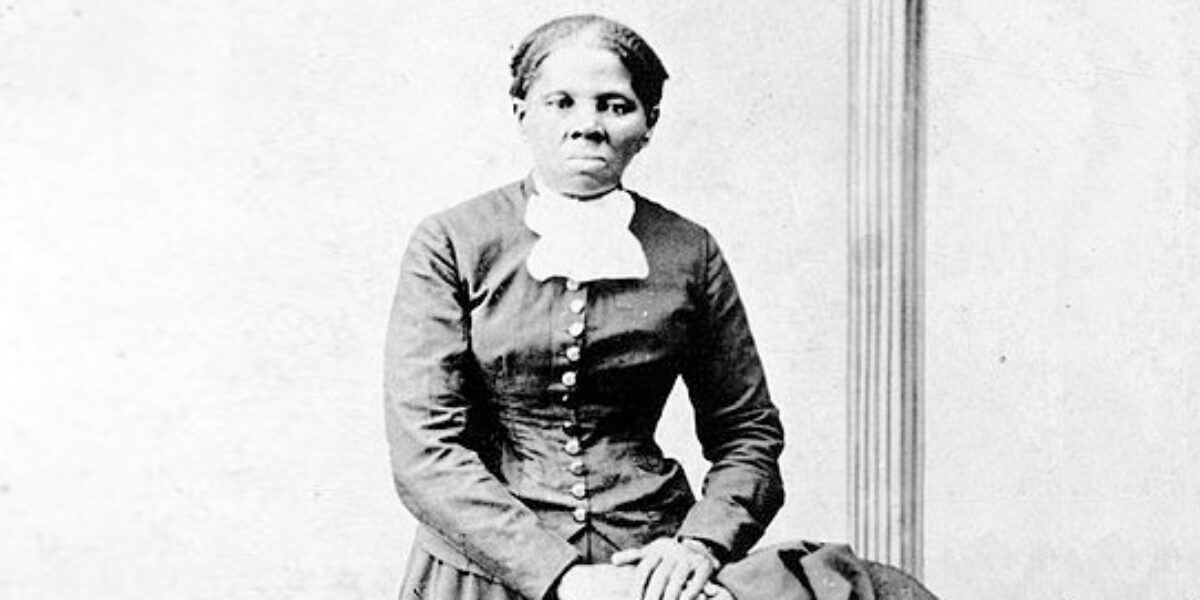Harriet Tubman is most famous for helping over 300 people escape from slavery. But she also spied for the Union army, spoke for women’s rights and accepted a medal from Queen Victoria of England. Read more about Tubman’s accomplishments here.
Harriet Ross Tubman was often referred to in African American circles as the “Black Moses.” A staunch abolitionist, Tubman was born into slavery in Maryland about 1820. As a young woman, her life was typical of the average enslaved person — filled with back-breaking work and harsh punishment.
In 1948, Tubman escaped. For the next 10 years, she schemed and planned ways to get more people out of these unbearable conditions. Hailed for her bravery by white abolitionists, Tubman moved more than 300 enslaved people from the South to the North through her “underground railroad” system.
Harriet Tubman became a noted anti-slavery speaker who traveled across the country speaking out on slavery and women’s rights. During the Civil War she served as a soldier and spy for the Union Army.
Tubman received many commendations, including a medal from Queen Victoria of England, for her role as a “conductor” who helped free people from bondage. Despite Tubman’s achievements, however, she died in poverty in 1913.




